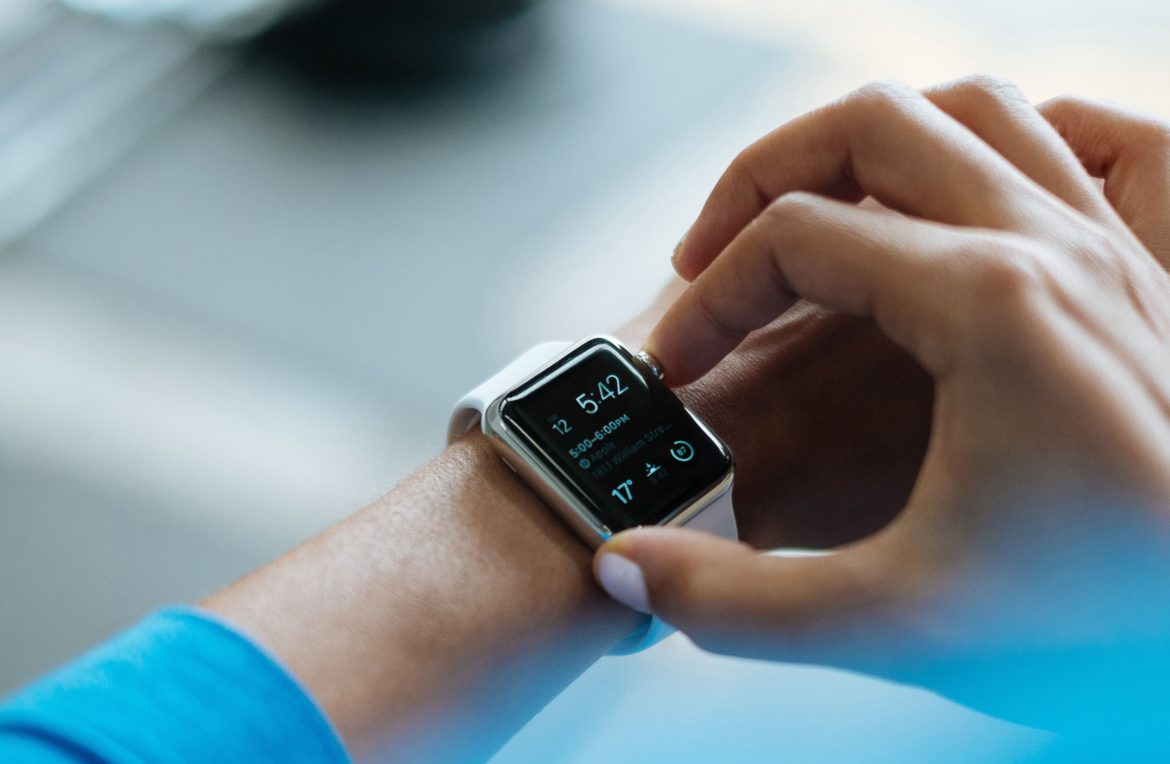How many people reading this blog post have an activity tracker on their wrist? Do you check the duration and quality of your sleep as soon as you wake? How many people with disordered eating habits turn to apps in order to manage an issue that requires something more than a record of their dietary intake? For many people, the purchase of an app or some wearable tech is the magical quick fix they hope will lead to better health and well-being.
Sadly, you cannot improve your mental health with what are essentially apps and devices that simply gather data. A recent publication by The Behavioural Insights Team provides some insightful recommendations that encourage industry and government to think more deeply about the ways in which users might exert more control in their online lives. The report makes for sobering reading, reminding us that health behaviour changes are unlikely to come from a digital platform.
So what do you do once you have put aside the fitness tracker? Here are some easy little habits that can be incorporated into your daily routine:
– Move more. Lack of activity can lead to a whole raft of health problems including anxiety and poor concentration. Conversely, introducing regular exercise into your routine has a positive effect on both physical and mental wellbeing, including increased motivation. Try a few different activities to find the one that is right for you and stick at it – the positive benefits will become apparent over time.
– Improve your sleep. We know that poor sleep habits can be linked to obesity in adults as well as poor concentration and depression. Reduce screen time, sleep in a well-ventilated room at a comfortable ambient temperature and consider incorporating some relaxation techniques into your bedtime routine. Cut down on caffeine and alcohol and avoid eating a heavy meal just before you go to bed.
– Make mealtimes an opportunity for relaxation and pleasure. Did you enjoy the sandwich you ate whilst working on that presentation? Taking out 10-15 minutes to sit away from your screen and think about your meal will help you enjoy and digest your food more easily.
– Look for opportunities to involve yourself in activities which involve learning something new, or using skills you already have. Devoting time to interests can be absorbing, allowing you time to become absorbed in an activity that provides respite from negative thoughts and feelings. This will also help to improve your self-confidence.
– Write it down. A mind map is a helpful visual tool to organise the thoughts and feelings that may be impacting upon your mental health. List issues, feelings, thoughts and problems. Add connecting lines to show relationships between cause and effect, then begin to identify areas that are clear trigger points for anxious episodes. Seeing issues on the page can help bring the focus required to begin problem-solving.
Making positive health behaviour changes can help you on your journey to improved wellbeing, but there are times when you may need to seek professional support to help you resolve deep-rooted issues that continue to impact upon your quality of life. Knowing when to ask for help is a personal question, but the answer is unlikely to be found on your activity tracker.

